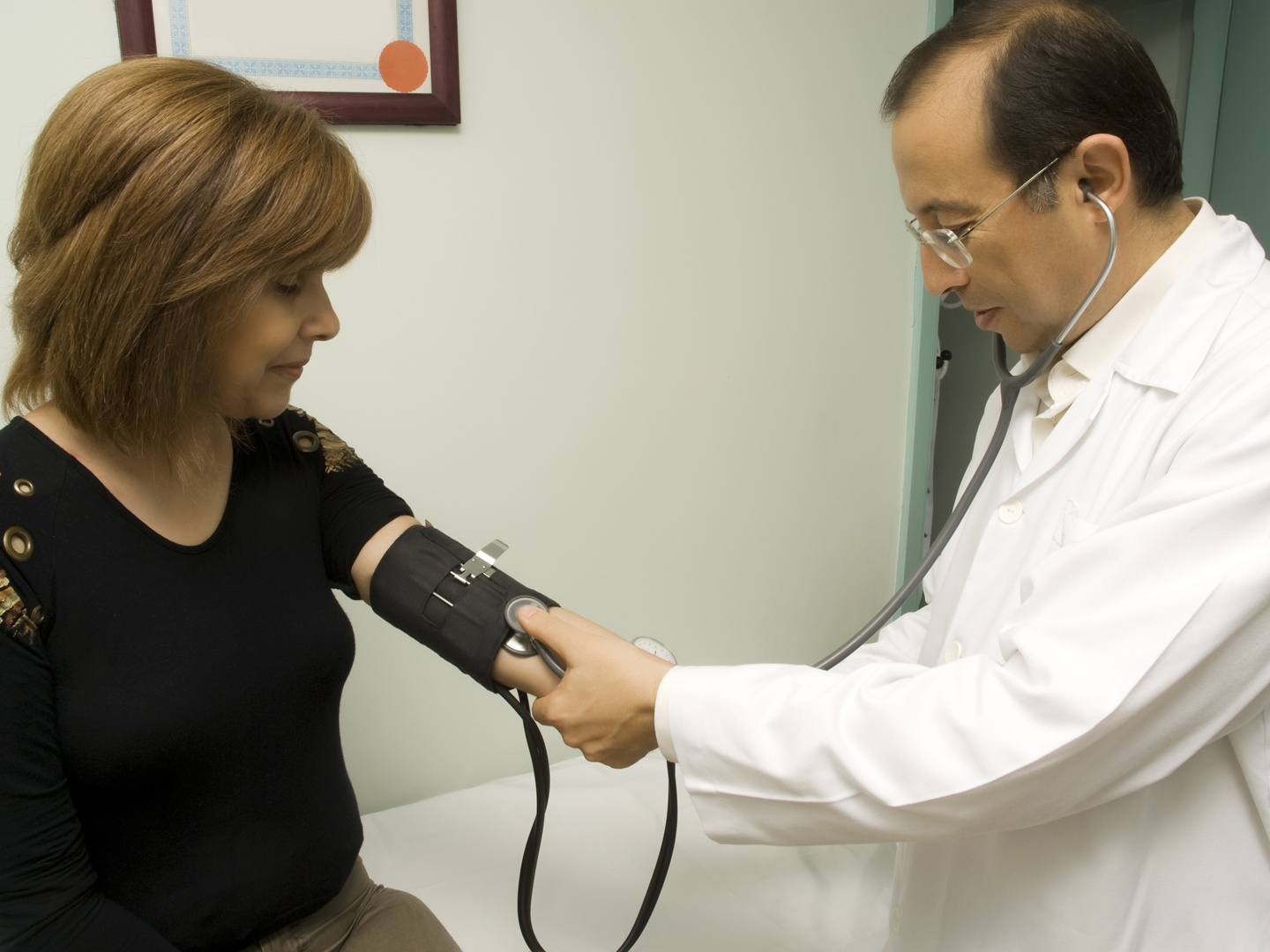Could an Overactive Thyroid Cause a Fast Pulse?
What do you recommend for a fast pulse rate – 100+. My doctor has checked my heart and all seems fine, but I continue to have a fast pulse rate. Any suggestions?
Andrew Weil, M.D. | August 20, 2004

The normal adult pulse rate (the number of times the heart beats per minute) ranges from 60 to 100. These numbers are higher in children (an infant’s normal pulse rate is 100 to 160 beats per minute) and lower (between 40 and 60) in trained athletes. Your heart beats faster during and after exercise, but nervousness can also be a factor, and this may explain why your pulse rate is so high when you see your physician. (Anxiety in the doctor’s office can also cause a rise in otherwise normal blood pressure, a phenomenon known as "white coat hypertension.") To find out if your heart rate speeds up only in the doctor’s office, monitor your pulse rate at home. You can take your pulse in your wrist, but it might be easier to find and feel the pulse in your neck. Place your middle and index fingers just to the side of the Adam’s apple, in the soft hollow area; press firmly until you locate your pulse; then count the beats for a minute (you can also count beats for 30 seconds and multiply by two).
Since your doctor has ruled out any heart problems, you should explore other conditions that may be causing your fast pulse rate. These include fever, dehydration and hormone problems such as an overactive thyroid (hyperthyroidism). Too much caffeine in your diet can also be a contributor.
You can try to slow your heart rate via breathing and relaxation techniques, by practicing other mind/body therapies such as biofeedback, or by taking calcium or magnesium. For women, start with 100 mg of magnesium and increase the dose up to 350 mg daily. If you find that the magnesium has a laxative effect, take calcium along with it (the dosage should be twice the amount of magnesium but no more than 700 mg a day). Your physician could also prescribe a beta blocker, a drug that can slow the heart rate by blocking the effects of the "fight or flight response" (i.e., sympathetic nervous system stimulation). But since your pulse rate isn’t normal, your first order of business should be to find out why.
Andrew Weil, M.D.
Find answers to your health questions at Dr. Weil’s Health Centers.

















